- Jul 12, 2018
- 10,574
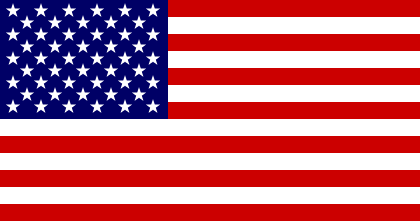
|
OPERATION DRAGON'S EYE |
SECRET |
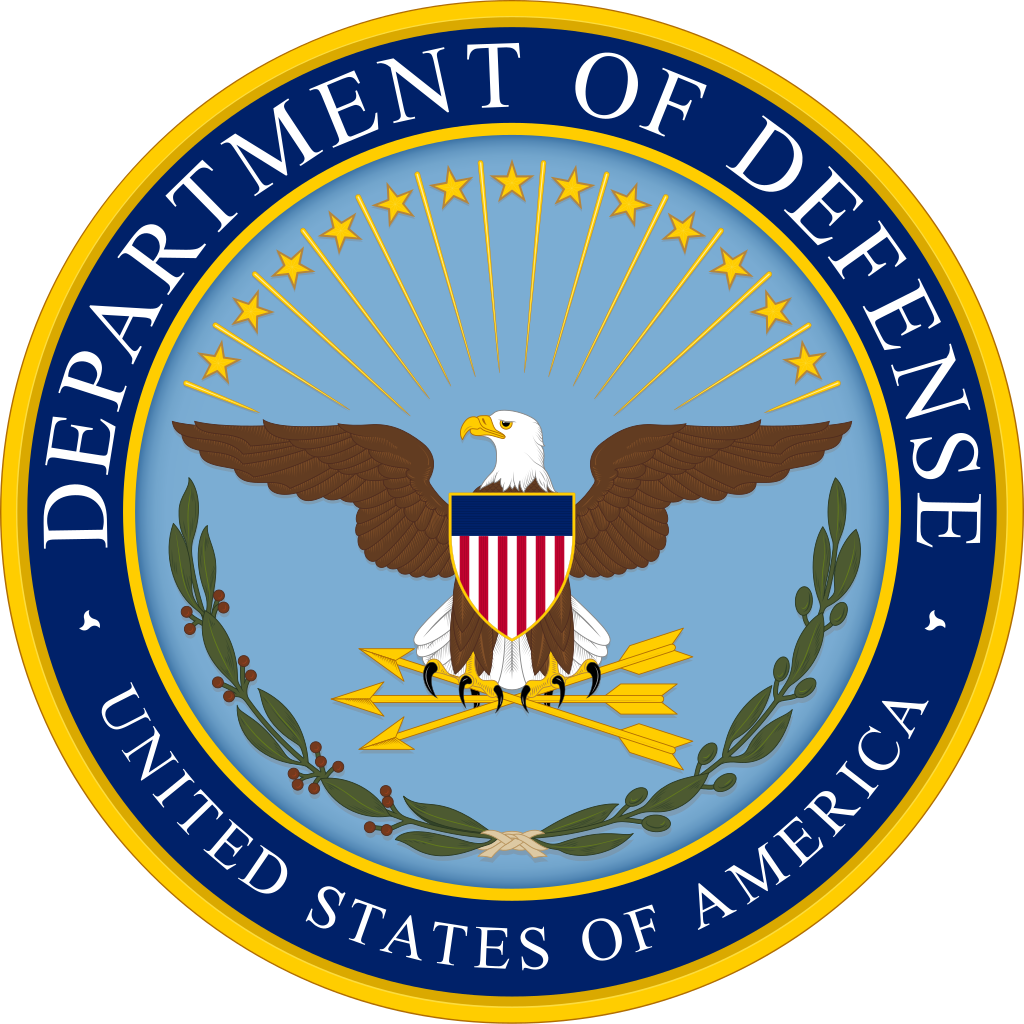
| 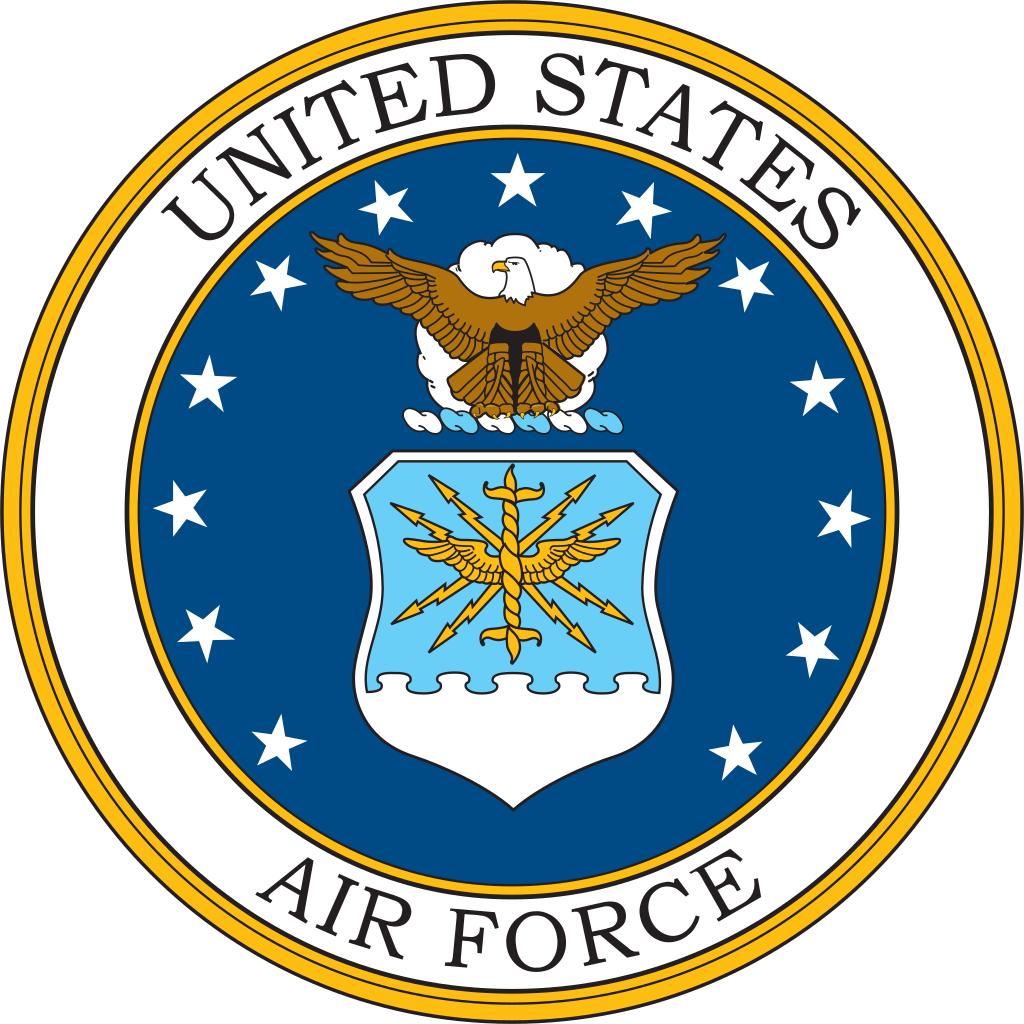
AIR FORCE DEPLOYMENT | 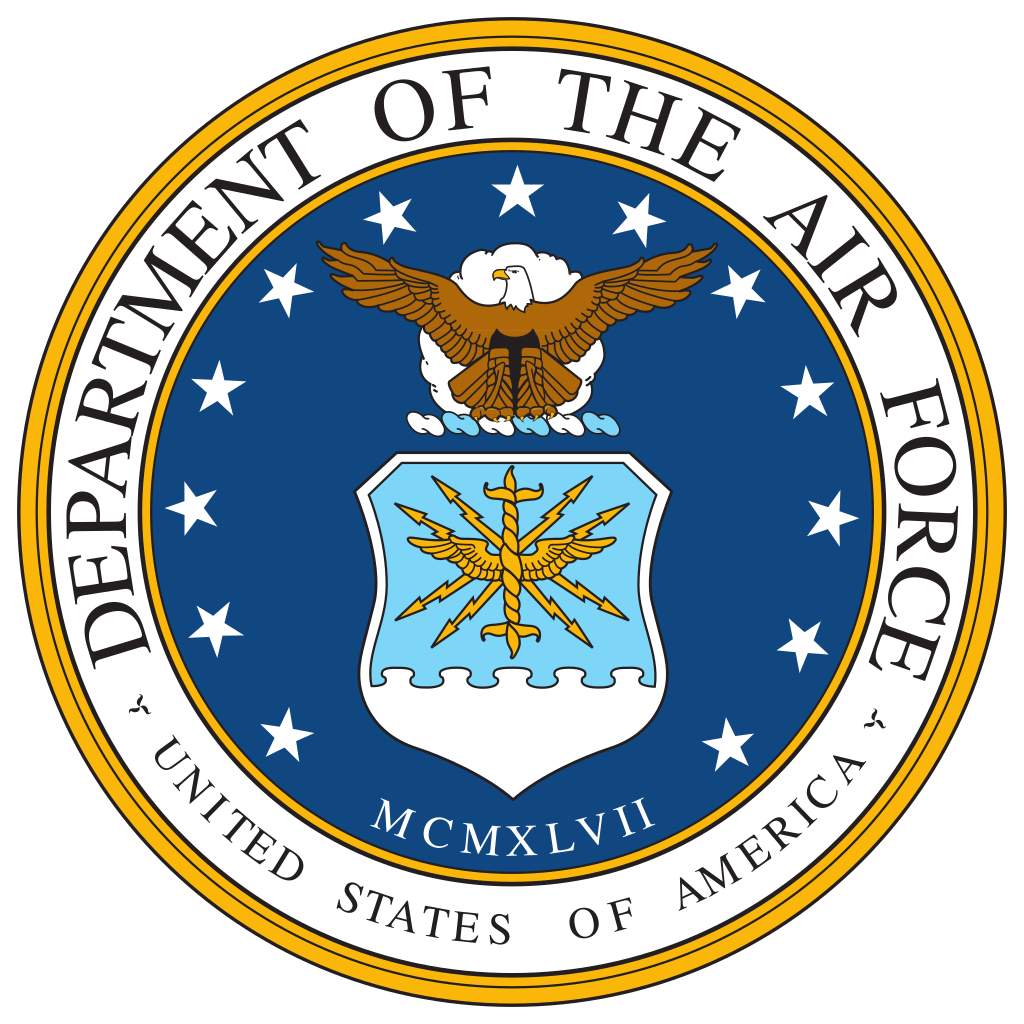
|
|
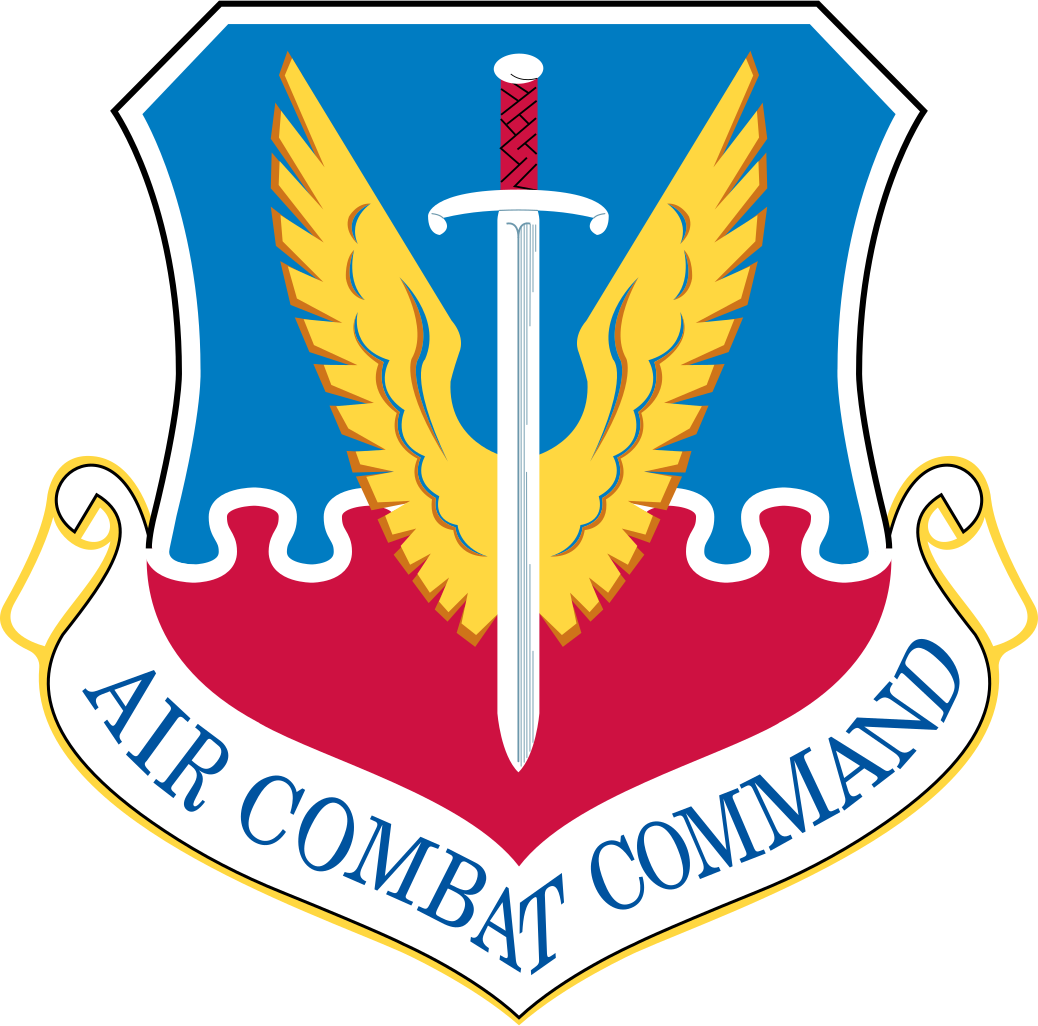
AIR COMBAT COMMAND
| Unit | Airbase | Aircraft | Cabin Crew Each |
| 2nd Reconnaissance Squadron | Groom Lake, Nevada | x5 U-2S | 1 |
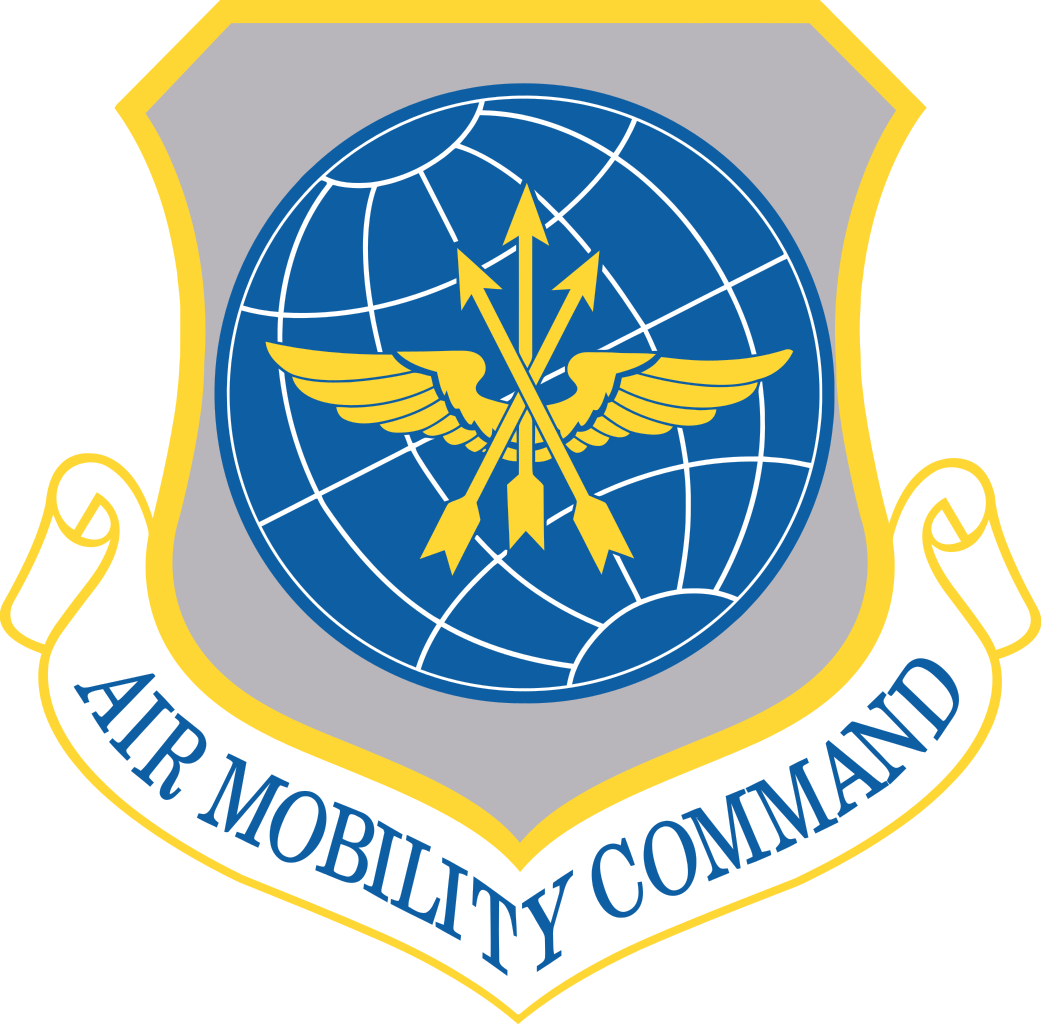
AIR MOBILITY COMMAND
| Unit | Airbase | Aircraft | Cabin Crew Each |
| 5th Air Mobility Squadron | MacDill AFB, Florida | x3 KC-135R | 3 for refueling mission, 6 for special mission |
DETAILS
U-2S - Fully Fueled; x1 pilot; x3 pairs of uniforms each (including x1 pressure suit); Pilots fully rested; All crew uniformed; Compasses and all necessary maps (terranean and deep-sea topographic maps) and other necessary standard on-board equipment and emergency manuals for U-2S; Full loadout of standard physical and electronic countermeasures, cameras, sensors, radars, and other standard items; x1 loaded M18 9mm pistol for the pilot.
KC-135R - Fully Fueled; x2 pilots, x1 navigator (this is doubled for the KC-135R flying to South Africa); x3 pairs of uniforms each; Pilots fully rested; All crew uniformed; Compasses and all necessary maps (terranean and deep-sea topographic maps) and other necessary standard on-board equipment and emergency manuals for KC-135R; Full loadout of standard physical and electronic countermeasures, cameras, sensors, radars, and other standard items; x1 loaded M18 9mm pistol for each crewman.
KC-135R - Fully Fueled; x2 pilots, x1 navigator (this is doubled for the KC-135R flying to South Africa); x3 pairs of uniforms each; Pilots fully rested; All crew uniformed; Compasses and all necessary maps (terranean and deep-sea topographic maps) and other necessary standard on-board equipment and emergency manuals for KC-135R; Full loadout of standard physical and electronic countermeasures, cameras, sensors, radars, and other standard items; x1 loaded M18 9mm pistol for each crewman.
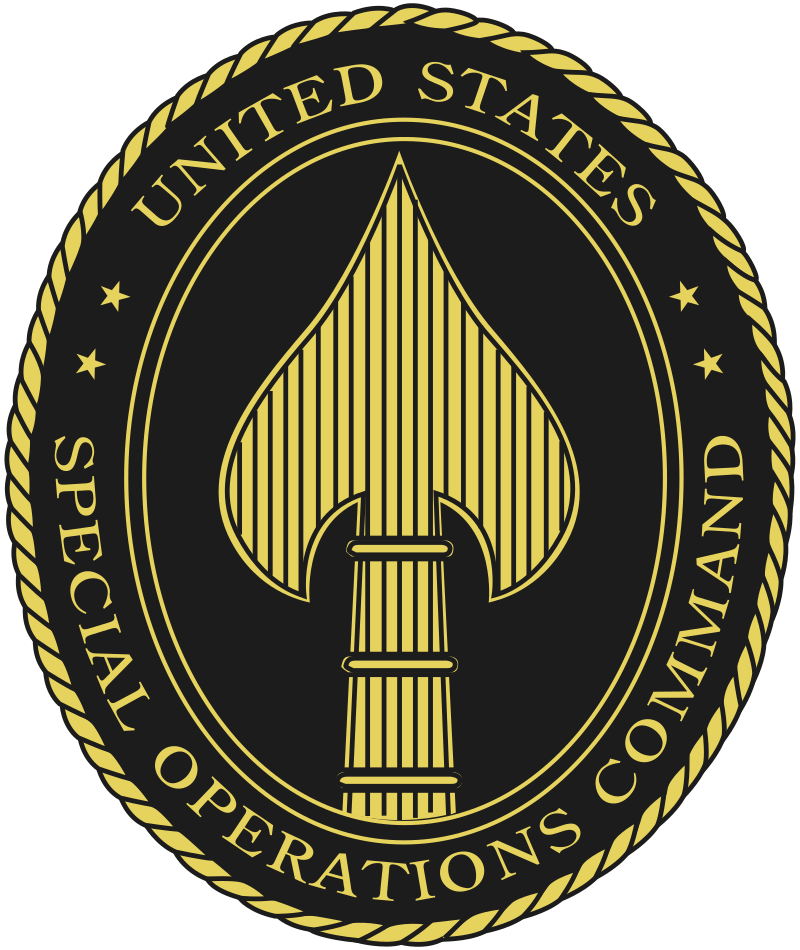
| 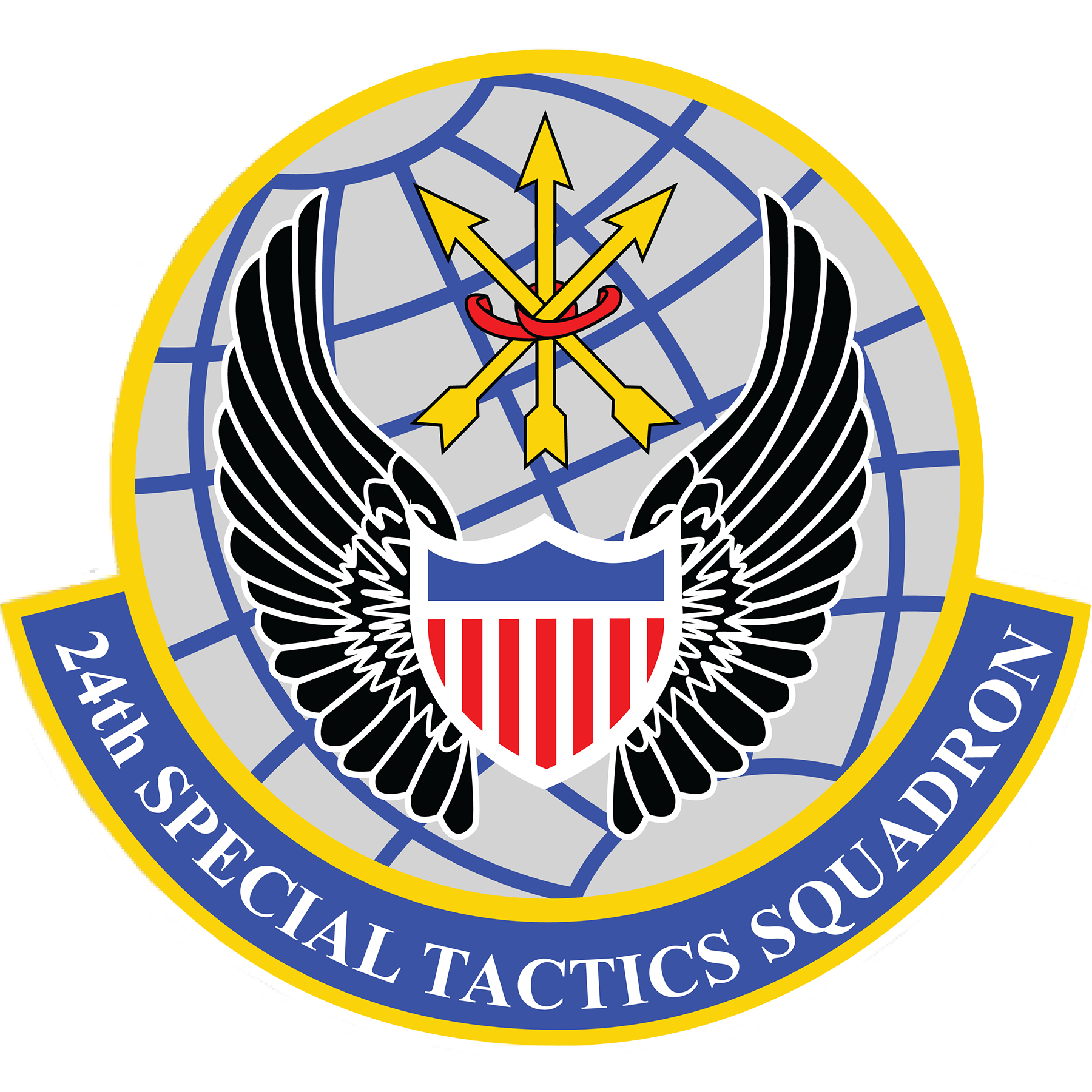
JSOC DEPLOYMENT | 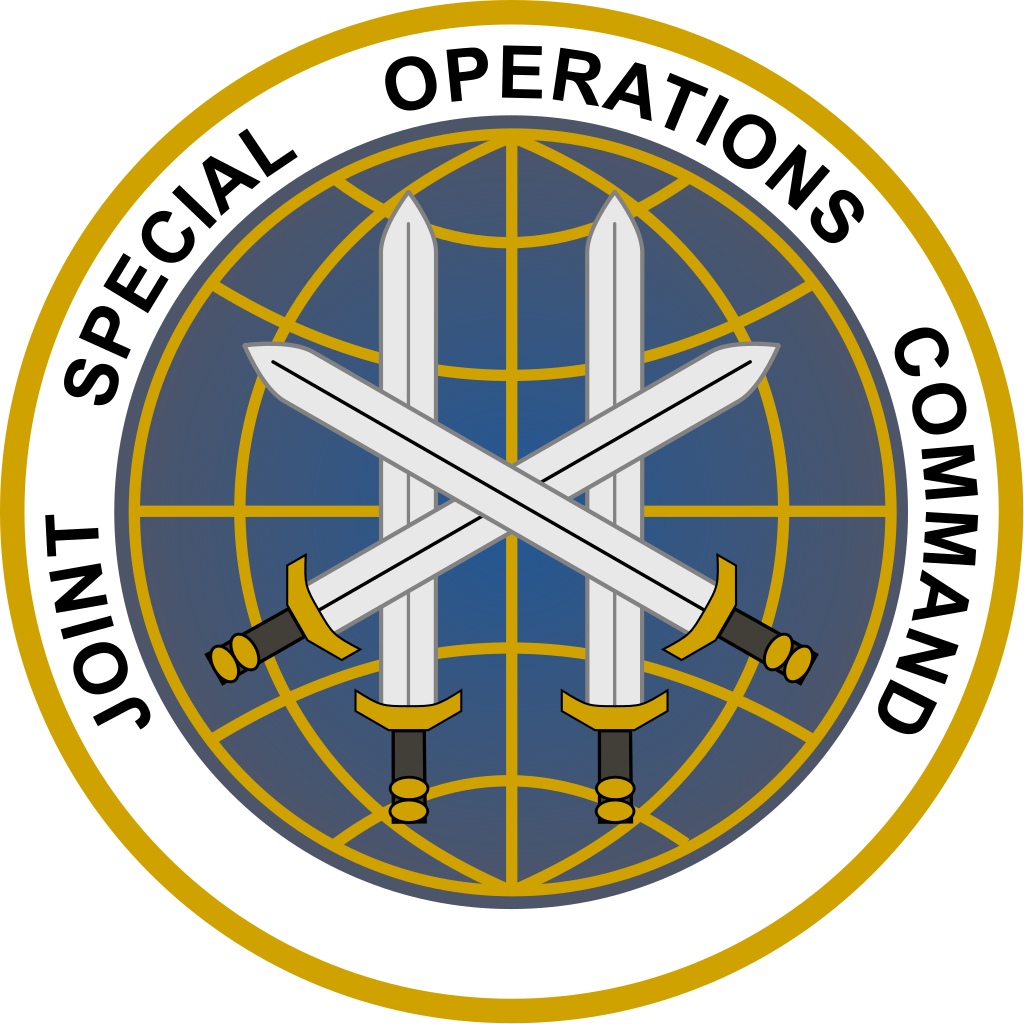
|
|
| SQUADRON | FLIGHT | PERSONNEL | GARRISON |
| 24th Special Tactics | Zeta Flight | 16 Combat Controllers | Pope Air Force Base, North Carolina |
| 24th Special Tactics | Pi Flight | 16 Special Reconnaissance | Pope Air Force Base, North Carolina |
| 24th Special Tactics | Omega-Alpha Flight | 6 Fixed-Wing Pilots | Pope Air Force Base, North Carolina |
|
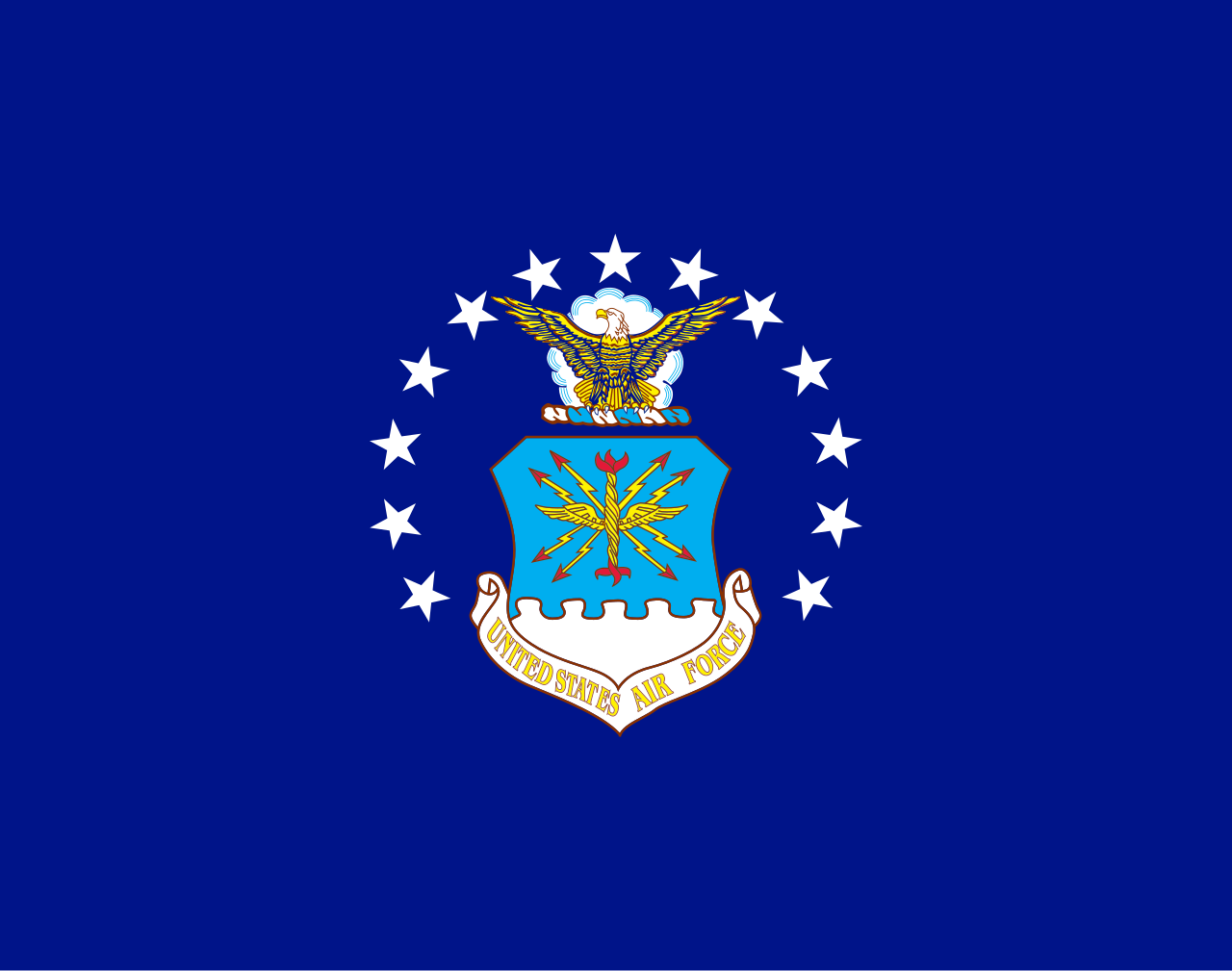
| 
DEPLOYMENT ORDERS | 
|
|
CONTEXT
The Republic of Thailand had deployed a fleet which was (or may still be) heading to the North Atlantic. Through a series of diplomatic discussions and misunderstandings, the United States government interpreted this armed Thai deployment as a direct threat to the United States and Europe - or at least a deployment that would be seen as an offensive/threatening projection of power. By order of the President, the Navy was conducting Operation Omega to block off the passage from the Southern Atlantic to the North. After some discussions, the Thai government agreed to not send their fleet into the North Atlantic. However, before Operation Omega could be altered so that all of the troops could return home, the Navy would need concrete confirmation that the Thai fleet had returned home to port. The Secretary of Defense tasked the Secretary of the Air Force with coming up with a plan to gather intelligence on the current location of the Thai vessels that had been previously deployed.
Three pilots from the 2nd Reconnaissance Squadron, and their respective U-2S aircraft, were selected by their commanding officer to participate in this mission. The aircraft were fueled and prepared, and the pilots were dressed appropriately for the flight. At four in the morning, under the cover of darkness, each one of the aircraft individually took off from the Groom Lake facility within Area 51. Each of the aircraft took off twenty minutes after the other, and the aircraft were not flying with guidelights or their transponders turned on. After taking off, each of the aircraft would ascend to 75,000 feet within about 30 minutes. Each of the U-2S would take the most direct route to Andersen Air Force Base in Guam, which was approximately 6,100 miles away. The aircraft were each due to arrive at 6:00PM in the evening (local Guam time). Thirty minutes before the aircraft arrived, airspace over Guam would be temporarily closed in order to allow the aircraft to arrive with little to no detection. Once they were safely on the ground, each of the aircraft would be stored in a hangar, which would then have its door closed and put under constant guard by Air Force Security Forces. Each one of the pilots would be given 18 hours to relax and sleep before the next part of the operation. While flying, the aircraft would use all means of passive radar to detect other aircraft and threats.
PACIFIC THEATER
Three pilots from the 2nd Reconnaissance Squadron, and their respective U-2S aircraft, were selected by their commanding officer to participate in this mission. The aircraft were fueled and prepared, and the pilots were dressed appropriately for the flight. At four in the morning, under the cover of darkness, each one of the aircraft individually took off from the Groom Lake facility within Area 51. Each of the aircraft took off twenty minutes after the other, and the aircraft were not flying with guidelights or their transponders turned on. After taking off, each of the aircraft would ascend to 75,000 feet within about 30 minutes. Each of the U-2S would take the most direct route to Andersen Air Force Base in Guam, which was approximately 6,100 miles away. The aircraft were each due to arrive at 6:00PM in the evening (local Guam time). Thirty minutes before the aircraft arrived, airspace over Guam would be temporarily closed in order to allow the aircraft to arrive with little to no detection. Once they were safely on the ground, each of the aircraft would be stored in a hangar, which would then have its door closed and put under constant guard by Air Force Security Forces. Each one of the pilots would be given 18 hours to relax and sleep before the next part of the operation. While flying, the aircraft would use all means of passive radar to detect other aircraft and threats.
|
Last edited:


